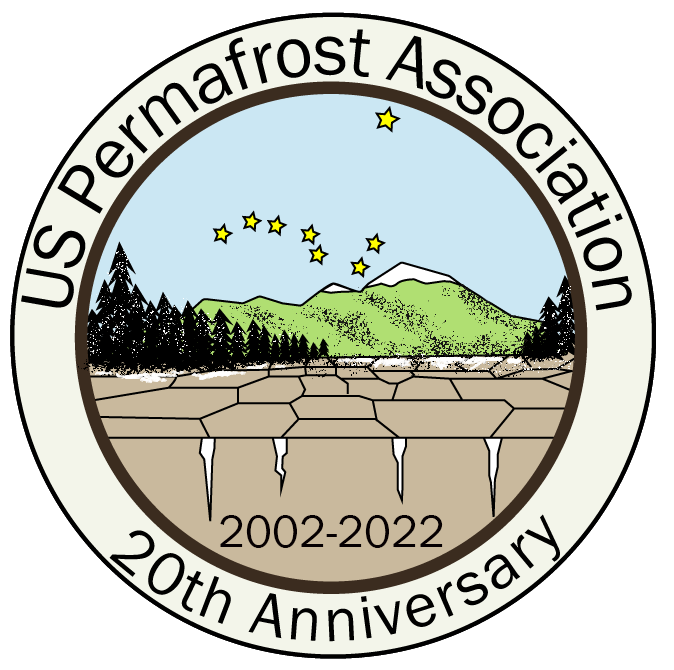We are compiling a list of links to other World Wide Web sites which might be of interest to Cold Regions researchers, scientists, engineers, students, and others interested in Cold Regions science and technology. The list includes links to our project partners, libraries with large Cold Regions collections, and polar research institutions.
National Science Foundation (NSF) Office of Polar Programs
http://www.nsf.gov/div/index.jsp?div=OPP
The National Science Foundation's programs for support of research in the Antarctic and the Arctic acknowledge the need to understand the relationships of these regions with global processes and the need to understand the regions as unique entities. NSF's polar programs, most of which are supported through the Office of Polar Programs, thus provide support for investigations in a range of scientific disciplines.
Engineer Research and Development Center (ERDC) Library
https://www.erdc.usace.army.mil/Library/
The ERDC Library - Hanover maintains an extensive collection of Cold Regions scientific and technical literature. The library holds over 25,000 monographs, 75,000 reports, 225,000 micrographic items, 502 scientific serials, the CRREL historical archives, and a complete collection of U. S. Geological Survey topographic maps.
Antarctic Treaty Secretariat
http://www.ats.aq/
The Antarctic Treaty Secretariat was established in Buenos Aires, Argentina in September 2004 by the Antarctic Treaty Consultative Meeting (ATCM). One of the main tasks of the Secretariat is support of the annual meeting and publication of the ATCM Final Report. Aside from supporting the annual ATCM, the Secretariat has the following tasks: support intersessional work of the ATCM and the Committee for Environmental Protection (CEP); facilitate the exchange of information between the Parties required in the Treaty and the Environment Protocol; coordinate and liaise with other parts of the Antarctic Treaty System and other international institutions; establish and maintain databases relevant to the operation of the Treaty and the Protocol; circulate relevant information among the Parties; store and publish the records of the ATCM and CEP; make available information about the Antarctic Treaty System.
Antarctica New Zealand: The New Zealand Antarctic Institute
http://www.antarcticanz.govt.nz/
Antarctica New Zealand is responsible for developing, managing and administering New Zealand activities in Antarctica and the Southern Ocean, in particular the Ross Sea Dependency. The agency is responsible for maintaining and enhancing the quality of New Zealand scientific research and takes an active role in environmental stewardship through special projects and ongoing management. The Institute maintains the New Zealand Antarctic Bibliography database, which comprises references to Antarctic publications by authors supported by New Zealand. The bibliography includes scientific publications, publications resulting from the Antarctica New Zealand Artists to Antarctica Programme, the Media Initiatives in Antarctica Programme, theses and internal university and governmental reports.
Australian Antarctic Division
http://www.aad.gov.au/
Administering Australia's wide-ranging activities in Antarctic and subantarctic regions is the responsibility of the Australian Antarctic Division (AAD), a part of the Australian Government's Department of the Environment and Heritage. The AAD seeks to advance Australia's Antarctic interests in pursuit of its vision of having "Antarctica valued, protected and understood". It does this by conducting Antarctic research and other activities aimed at achieving the Government’s Antarctic goals, and by administering and maintaining a presence in Australian Antarctic and subantarctic territories. The AAD manages Australian government activity in Antarctica, provides transport and logistic support, maintains the four permanent Australian research stations, and conducts and manages scientific research programs both on land and in the Southern Ocean.
British Antarctic Survey (BAS)
http://www.antarctica.ac.uk/
British Antarctic Survey (BAS) undertakes a world-class program of science in the Antarctic and related regions, addressing key global and regional issues through research, survey and monitoring. BAS also helps to discharge the UK's international responsibilities under the Antarctic Treaty System. In so doing, BAS sustains for the UK an active and influential regional presence, and a leadership role in Antarctic affairs, especially concerning environmental protection and management.
Byrd Polar Research Center (BPRC)
http://www-bprc.mps.ohio-state.edu/
Named in honor of one of America's most famous explorers, Admiral Richard E. Byrd, the Byrd Polar Research Center of The Ohio State University is recognized internationally as a leader in polar and alpine research. The Center's research programs are conducted throughout the world, and research focuses on the role of cold regions in the global climate system.
International Glaciological Society (IGS)
http://www.igsoc.org/
The International Glaciological Society was founded in 1936 to provide a focus for individuals interested in practical and scientific aspects of snow and ice. The objects of the Society enshrined in its Constitution are to: stimulate interest in and encourage research into the scientific and technical problems of snow and ice in all countries; facilitate and increase the flow of glaciological ideas and information; publish the Journal of Glaciology, the Annals of Glaciology, ICE (the News Bulletin of the International Glaciological Society), and other appropriate publications, such as books and monographs ; sponsor lectures, field meetings and symposia.
International Permafrost Association (IPA)
http://www.geo.uio.no/IPA/
The International Permafrost Association, founded in 1983, has as its objectives to foster the dissemination of knowledge concerning permafrost and to promote cooperation among persons and national or international organizations engaged in scientific investigation and engineering work on permafrost. Membership is through adhering national or multinational organizations or as individuals in countries where no Adhering Body exists. The IPA is governed by its officers and a Council consisting of representatives from 24 Adhering Bodies having interests in some aspect of theoretical, basic and applied frozen ground research, including permafrost, seasonal frost, artificial freezing and periglacial phenomena. Committees, Working Groups, and Task Forces organize and coordinate research activities and special projects.
Scott Polar Research Institute (SPRI)
http://www.spri.cam.ac.uk/
Scott Polar Research Institute is the oldest international research center in the world covering both the Arctic and Antarctic regions. SPRI is part of the Faculty of Earth Sciences and Geography in the School of Physical Sciences of the University of Cambridge. SPRI's library holds a vast collection of polar scientific and technical literature, and the library's database, SPRILIB Antarctica, is searchable online.


